Meet the Champions of the Albinism Cause
Discover inspirational stories told by persons with albinism, their supporters assisting them medically and those advocating for their human rights.

 Connie Chiu
Singer and Model
Connie Chiu
Singer and Model
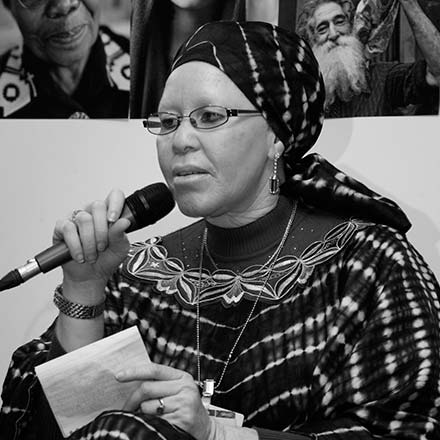
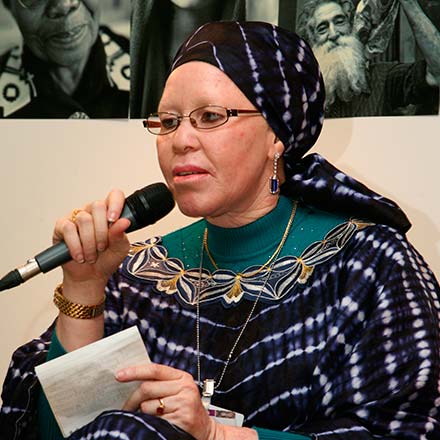 Alshaymaa Kwegyir
Parliamentarian and Activist
Alshaymaa Kwegyir
Parliamentarian and Activist

 Kelly Gallagher
Athlete
Kelly Gallagher
Athlete
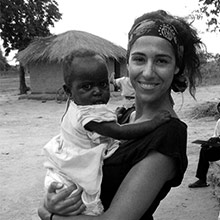
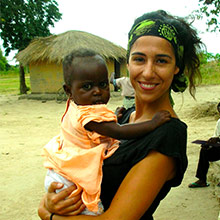 Mafalda S. Valdés
Pharmacist
Mafalda S. Valdés
Pharmacist

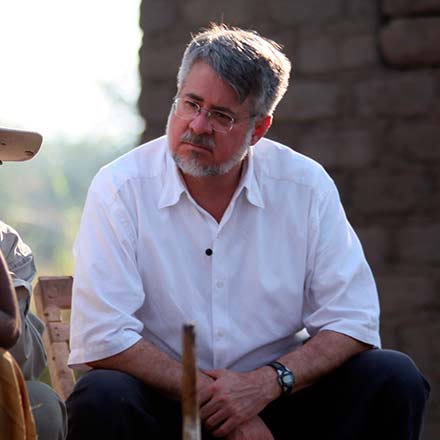 Murray Brilliant
Geneticist on Human Albinism
Murray Brilliant
Geneticist on Human Albinism

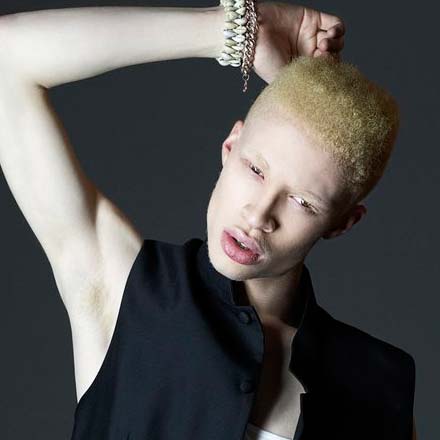 Shaun Ross
Fashion Model, Actor, Dancer
Shaun Ross
Fashion Model, Actor, Dancer

 Rebecca Kammer
Doctor of Optometry
Rebecca Kammer
Doctor of Optometry

 Shari Parker
President of the World Albinism Alliance
Shari Parker
President of the World Albinism Alliance
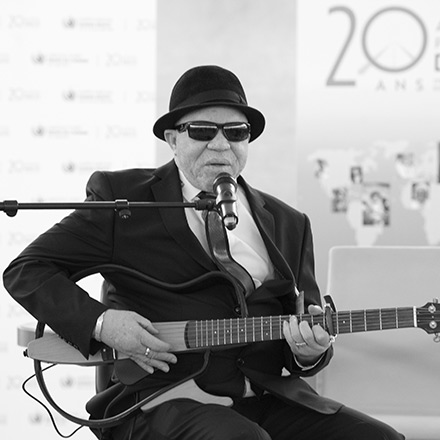
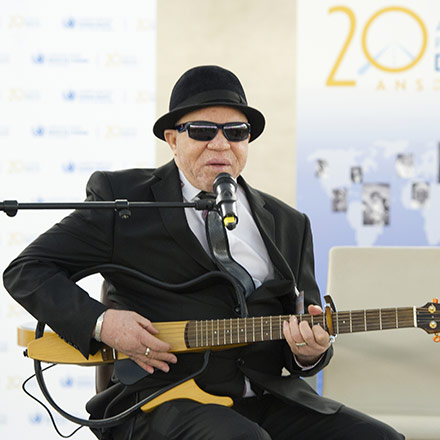 Salif Keita
World Renowned Musician and Activist
Salif Keita
World Renowned Musician and Activist
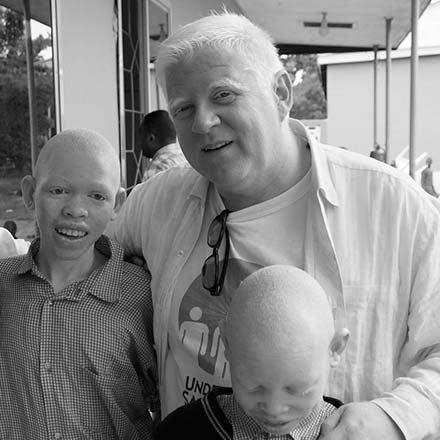
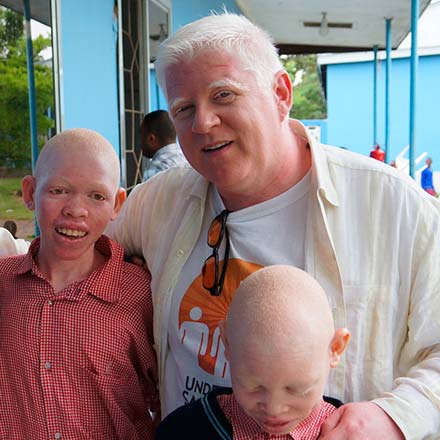 Peter Ash
Founder and CEO of Under the Same Sun
Peter Ash
Founder and CEO of Under the Same Sun
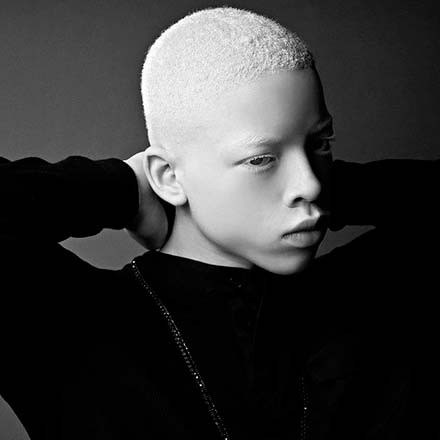
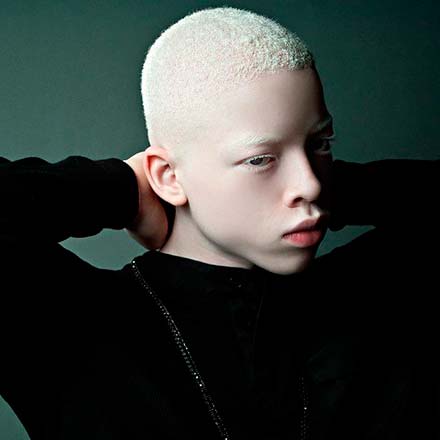 Roben X
Rapper, Activist, Role Model
Roben X
Rapper, Activist, Role Model
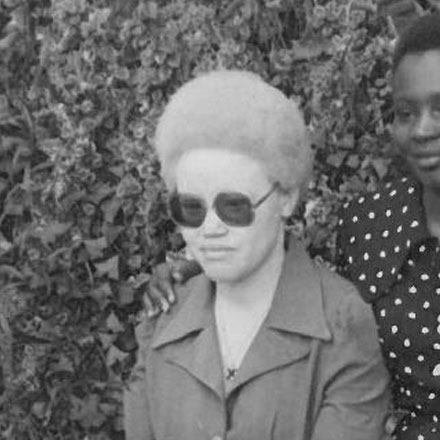
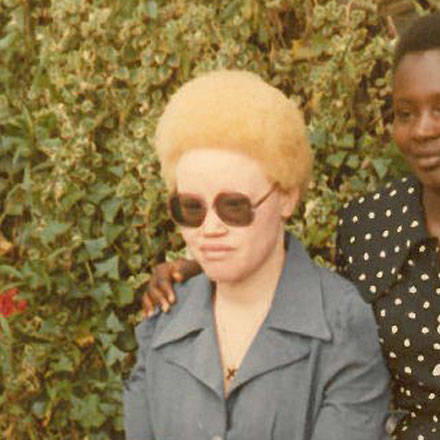 Grace Mumbi Ngugi
Judge of the High Court of Kenya
Grace Mumbi Ngugi
Judge of the High Court of Kenya

 Diandra Forrest
Model and Actress
Diandra Forrest
Model and Actress

 Mehak Siddiqui
Writer
Mehak Siddiqui
Writer
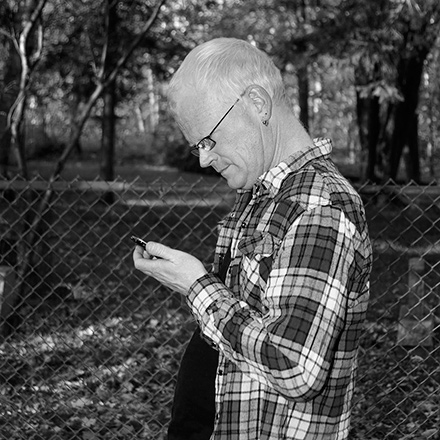
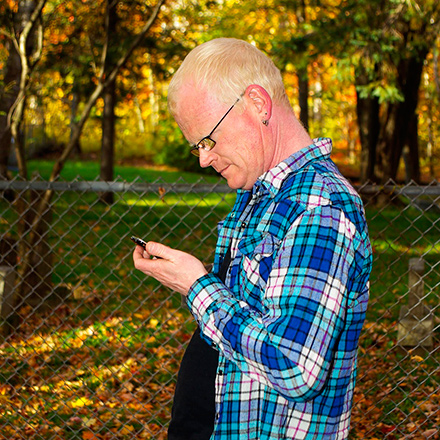 David Brodbeck
Professor
David Brodbeck
Professor

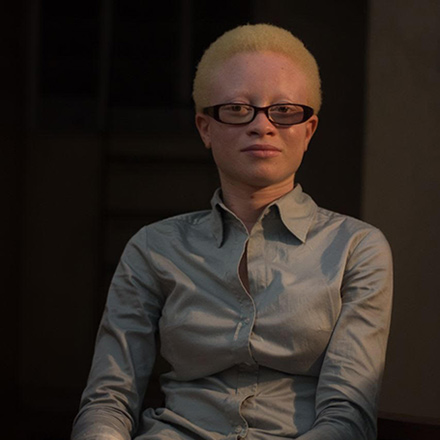 Perpetua Senkoro
Law student
Perpetua Senkoro
Law student
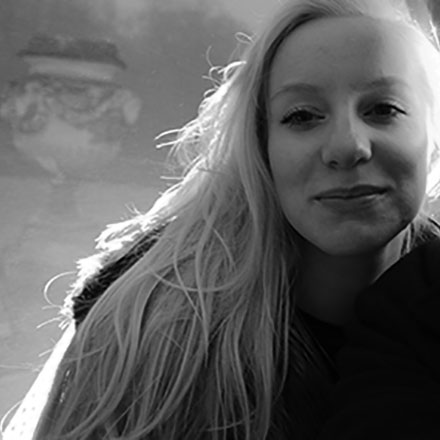
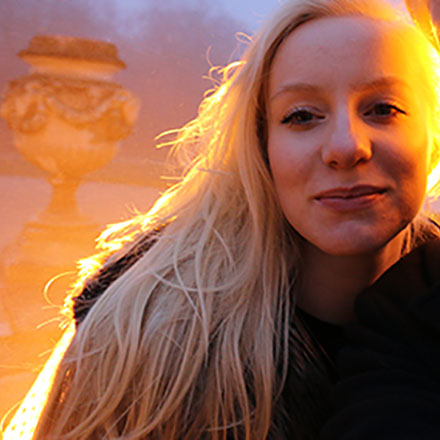 Laura Vordemann
Student of history and economics
Laura Vordemann
Student of history and economics

 Amy Iorio
Mother
Amy Iorio
Mother
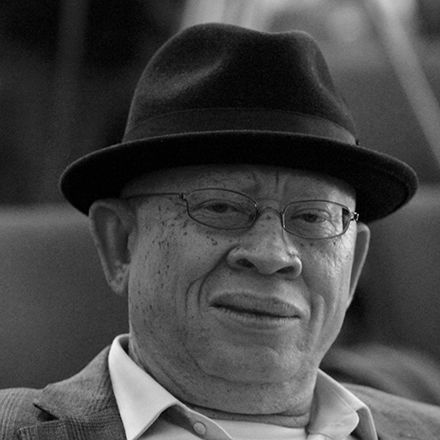
 Jake Epelle
Founder of The Albino Foundation
Jake Epelle
Founder of The Albino Foundation

 Ellen Renton
Writer
Ellen Renton
Writer

 Patricia Lund
Principal Lecturer in Biosciences, Coventry University
Patricia Lund
Principal Lecturer in Biosciences, Coventry University
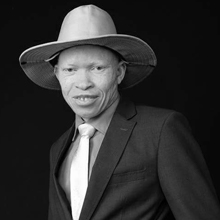
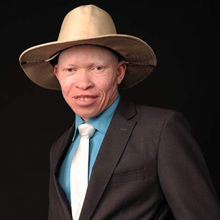 Peter Ogik
a founder and the Chairperson of Source of the Nile Union of Persons with Albinism (SNUPA)
Peter Ogik
a founder and the Chairperson of Source of the Nile Union of Persons with Albinism (SNUPA)

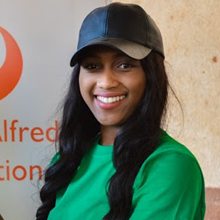 Brigitte Alfred
Miss Tanzania 2012, Nyerere Golden Award nominee, founder of the Brigitte Alfred Foundation, and Goodwill ambassador for the Tanzania Albino Society
Brigitte Alfred
Miss Tanzania 2012, Nyerere Golden Award nominee, founder of the Brigitte Alfred Foundation, and Goodwill ambassador for the Tanzania Albino Society
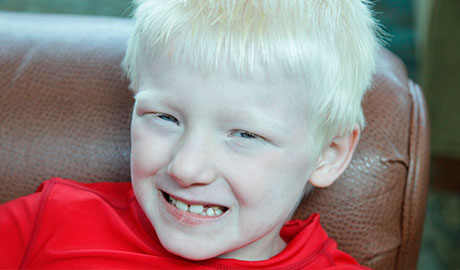
Did you know?
Albinism is a genetic condition inherited from both parents that occurs worldwide, regardless of ethnicity or gender.
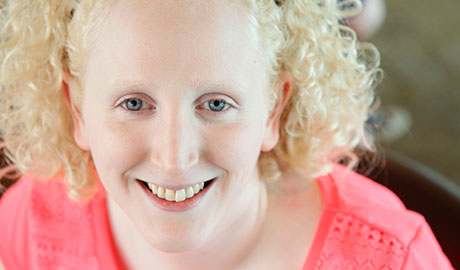
Did you know?
The common lack of melanin pigment in the hair, skin and eyes of people with albinism causes vulnerability to sun exposure, which can lead to skin cancer and severe visual impairment.
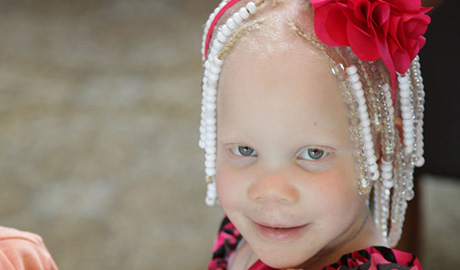
Did you know?
As many as 1 in 5,000 people in Sub-Saharan Africa and 1 in 20,000 people in Europe and North America have albinism.
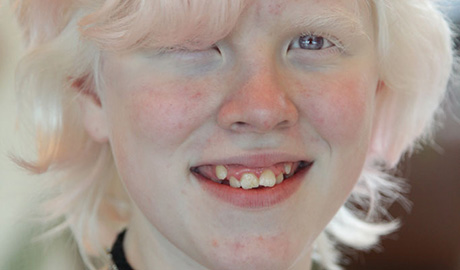
Did you know?
The term “person with albinism” is preferred to “albino”, which is often used in a derogatory way.
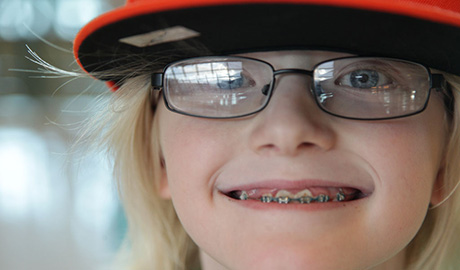
Did you know?
In some countries people with albinism suffer discrimination, poverty, stigma, violence and even killings.
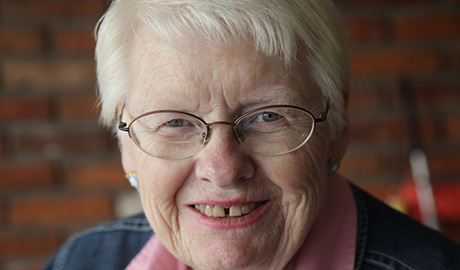
Did you know?
Discrimination and violence against people with albinism mostly affect children, the elderly and women.

Did you know?
In 2000-2013 the UN Human Rights Office received over 200 reports of killings and dismembering of people with albinism for ritual purposes in 15 countries. Figures could be much higher.
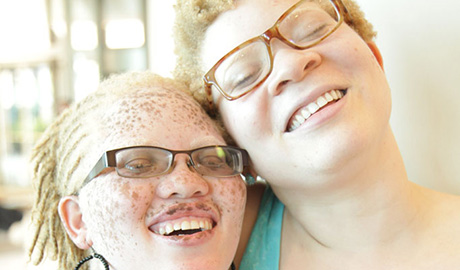
Did you know?
In some countries, women who give birth to children with albinism are repudiated by their husbands, and their children abandoned or the victims of infanticide.
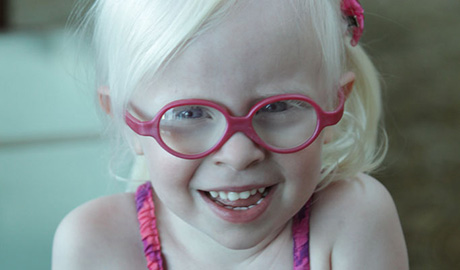
Did you know?
The physical appearance of people with albinism is often the object of erroneous beliefs and myths influenced by superstition, which foster marginalization and even violent attacks against them.
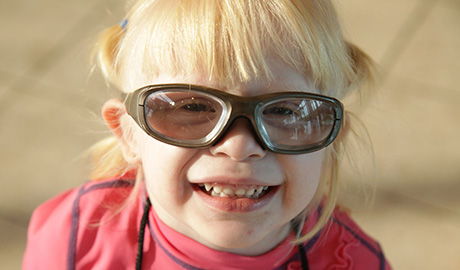
Did you know?
The movie industry has seldom portrayed people with albinism accurately, preferring to depict them as villains, demons or freaks of nature.
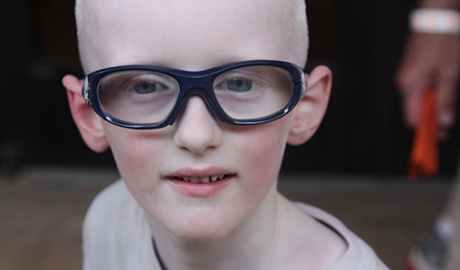
Did you know?
Prejudice impedes people with albinism from accessing adequate health care, social services, legal protection and redress for rights abuses.
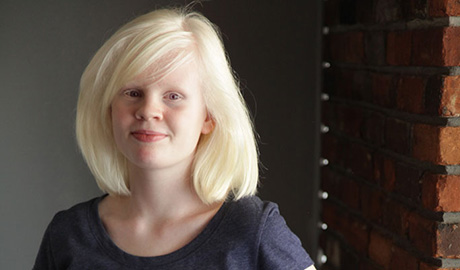
Did you know?
People with albinism deserve to have their rights to life and security protected, as well as the right not to be subjected to torture and ill-treatment.
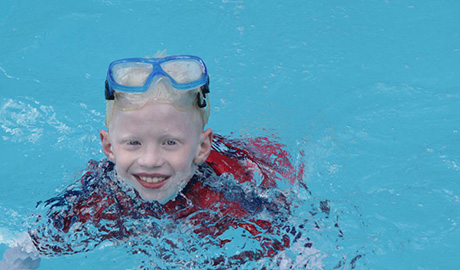
Did you know?
Violence against people with albinism is largely met by social silence and indifference, and is seldom followed by investigations or the prosecution of perpetrators.
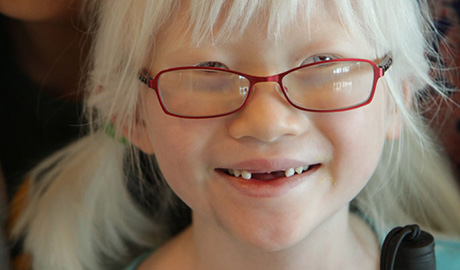
Did you know?
Without effective and affordable access to justice, persons with albinism cannot claim their rights and challenge the human rights violations to which they are subjected.
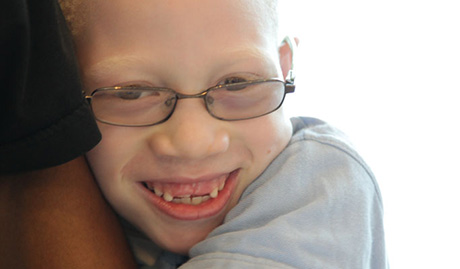
Did you know?
The voice of people with albinism has been seldom heard, and efforts to protect and promote their human rights have been scattered and insufficient.
How can I help?
There are many ways you too can become a champion for the albinism cause.
Find out how you can learn more, help spread the word, and report human rights abuses against persons with albinism.
